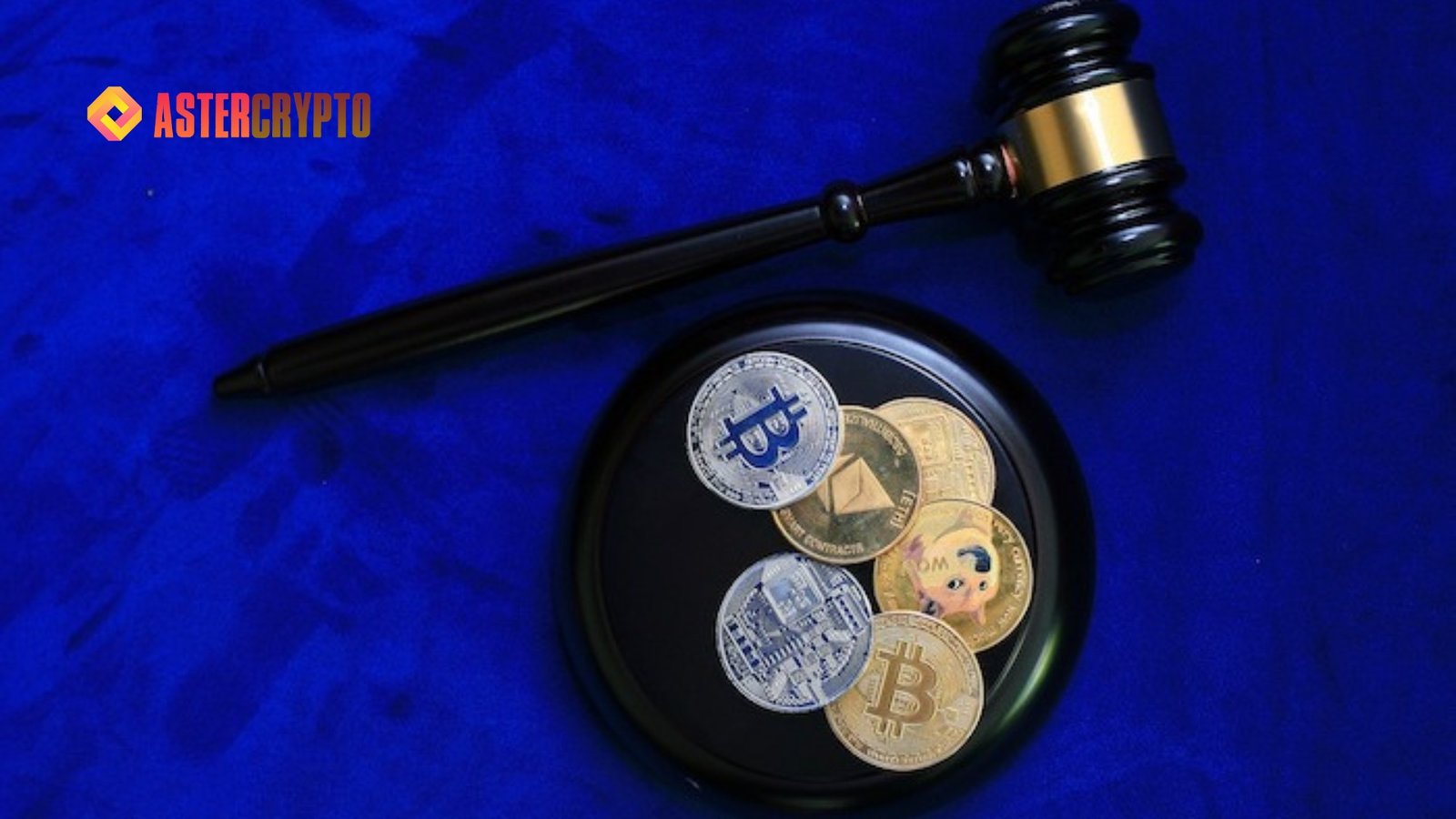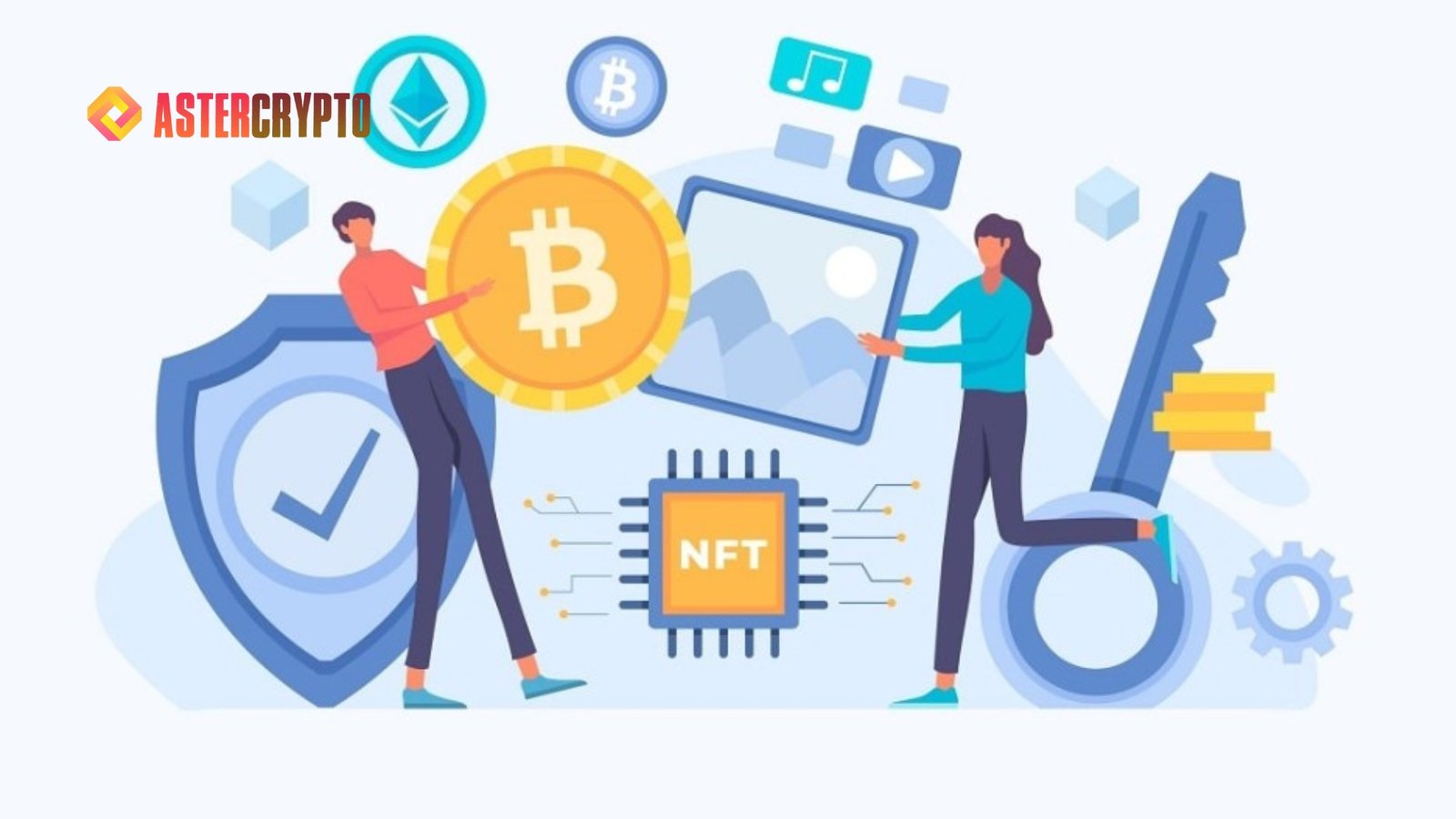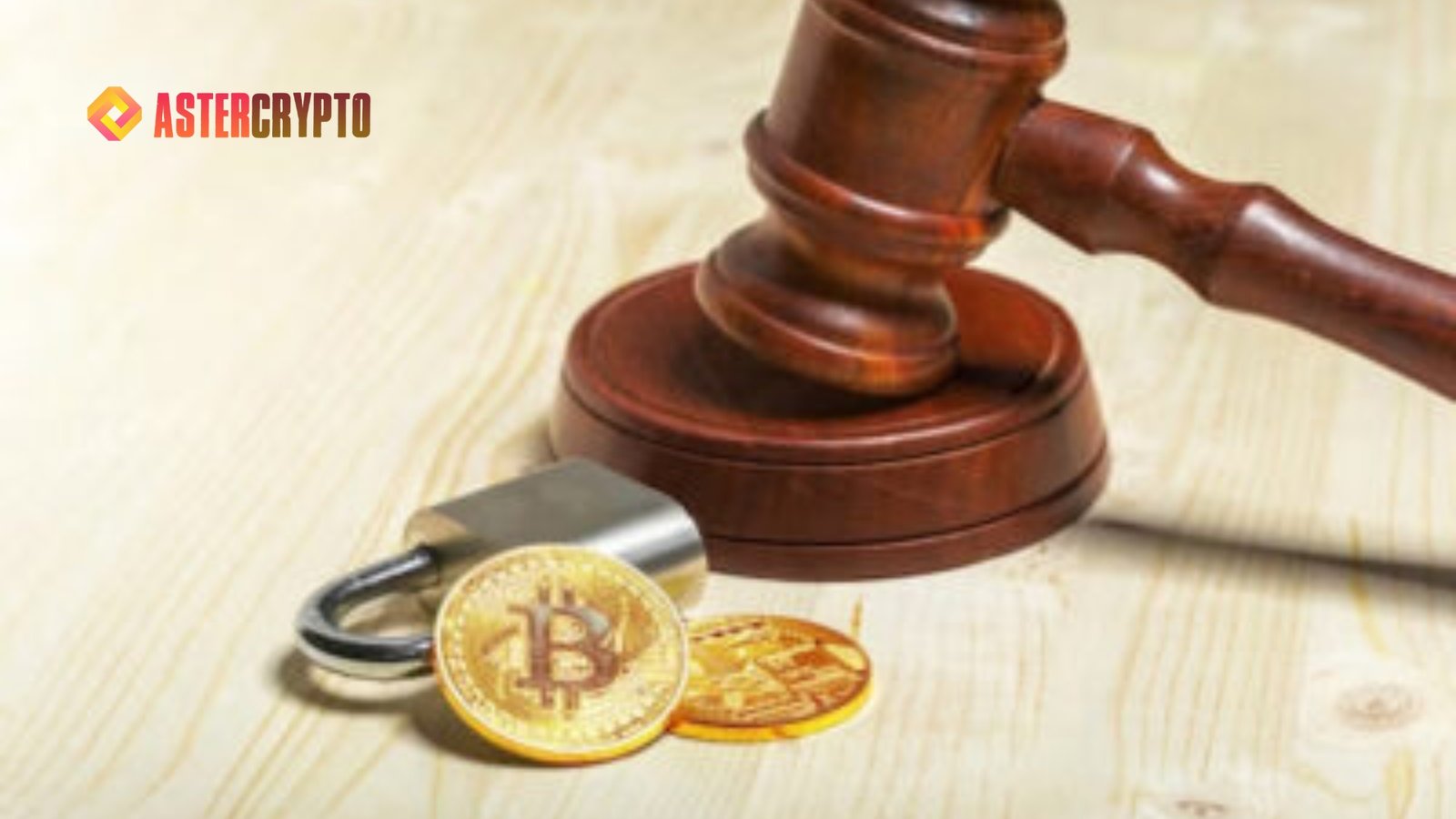Blockchain Attorneys: The legal frameworks of blockchain technology are getting more intricate as the technology itself advances. New legal challenges have arisen with the advent of cryptocurrencies, smart contracts, and decentralized finance (DeFi), calling for the knowledge of blockchain attorneys. This essay delves into the responsibilities of a blockchain attorney, their value to the ecosystem, and the difficulties they encounter in keeping up with the ever-changing blockchain industry.
What is a Blockchain Attorney?
A lawyer who focuses on the law as it pertains to blockchain technology and digital currencies is known as a blockchain attorney. Intellectual property, contract law, litigation, and regulatory compliance are just a few of their many areas of competence. Blockchain startups and major financial institutions alike rely on these lawyers to keep their activities in line with the law.
A blockchain attorney’s typical duties include advising clients on regulatory requirements, creating and evaluating smart contracts, and representing clients in disputes involving blockchain transactions. They play an essential role in guiding companies through the complex legal landscape of blockchain technology, making sure they stay within the law while getting the most out of this groundbreaking technology.
Key Responsibilities of a Blockchain Attorney

Regulatory Compliance
A blockchain attorney’s principal duty is to watch over their clients to make sure they follow the rules, which are subject to constant change. As part of this, it is necessary to keep abreast of rules and regulations enacted by different bodies, such as the SEC in the United States, the GDPR in the European Union, and AML statutes. Business owners can get assistance from blockchain lawyers in understanding and complying with these rules.
Smart Contract Drafting and Review
A “smart contract” is an agreement whose terms are encoded in code and may be executed automatically. The involvement of a blockchain attorney is crucial in the creation and evaluation of these contracts to guarantee their enforceability and the absence of any possible legal weaknesses. Also included are instructions for incorporating smart contracts into preexisting legal systems.
Intellectual Property Protection
The proliferation of new ideas made possible by blockchain technology has increased the importance of safeguarding IP. Blockchain lawyers help their clients protect their innovations and businesses in the blockchain industry by registering patents, trademarks, and copyrights. Additionally, they aid in the defense of blockchain companies against allegations of intellectual property infringement.
Dispute Resolution and Litigation
The blockchain industry is prone to disputes for a variety of reasons, including but not limited to: failed transactions, smart contract violations, and IP disputes. Blockchain lawyers help their clients through these conflicts, whether it’s through mediation, arbitration, or court action. Their extensive knowledge of blockchain technology is crucial for efficiently managing these cases.
Advising on Token Offerings
The blockchain industry has seen a rise in the popularity of token-based fundraising techniques such as Initial Coin Offerings (ICOs) and Security Token Offerings (STOs). To make sure these offerings are structured and executed legally and by securities laws and other applicable rules, blockchain attorneys offer legal counsel.
Challenges Faced by Blockchain Attorneys

Regulatory Uncertainty
Blockchain and cryptocurrency regulation is in its early stages, with many jurisdictions failing to set clear standards. Because the regulations can change so quickly, it is difficult for blockchain lawyers to give precise legal guidance due to this ambiguity. Lawyers need to keep up with the latest regulatory news and be ready to change their approach as necessary.
Cross-Jurisdictional Issues
Since blockchain transactions and operations frequently span numerous jurisdictions, it is intrinsically global. Lawyers specializing in blockchain technology have the formidable challenge of understanding and complying with the multiple sets of laws that exist across the world. This is something that advisors may find especially difficult to navigate when dealing with issues like foreign data protection legislation or cross-border token offers.
Technological Complexity
The ins and outs of blockchain technology are complex, and any good lawyer worth their salt will have a firm grasp of the subject. Part of this is being familiar with how cryptography, decentralized networks, and smart contracts function. Given the lightning-fast rate of innovation in the blockchain field, it is imperative that attorneys consistently refresh their knowledge.
Evolving Legal Precedents
There are few established legal precedents to follow when making decisions involving blockchain technology because of its youth. Blockchain lawyers frequently face unexplored terrain, forcing them to depend on analogies to more established legal concepts or to push for novel readings of current statutes. Litigation and conflict settlement can be more problematic when there is a lack of precedent.
Public Perception and Misconceptions
There is a common misconception that blockchain and cryptocurrencies are used for illegal purposes. As they fight for their clients, blockchain lawyers must dispel these myths. Additionally, it is their responsibility to inform the public, judges, and regulators of the valid applications and advantages of blockchain technology.
The Growing Demand for Blockchain Attorneys
The need for blockchain attorneys is predicted to increase as blockchain technology becomes more widely used in different businesses. More and more, companies are realizing they need lawyers on staff. Who are well-versed in blockchain law and can advise them on how to comply with regulations.
The requirement for legal counsel will also increase as governing organizations create more extensive blockchain and cryptocurrency frameworks. When it comes to developing these frameworks, blockchain lawyers will be indispensable, fighting for rules that encourage innovation while safeguarding investors and consumers.
Also Read: Seoul Court Backs Wemade in $7M WEMIX Token Case
Final Thoughts
Blockchain law is one of the most exciting and fast-developing subfields of the legal profession. From ensuring regulatory compliance to safeguarding intellectual property and resolving disputes. Their knowledge is crucial for assisting firms in navigating the legal hurdles presented by blockchain technology. To ensure the appropriate and lawful adoption of this groundbreaking technology. Blockchain attorneys will play an increasingly important role as the blockchain ecosystem grows.





